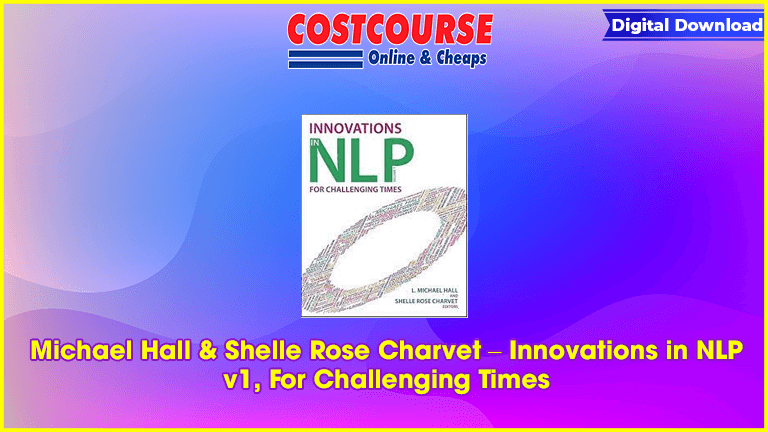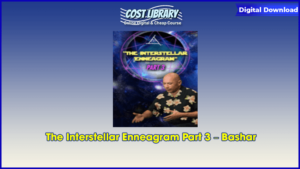Recently we received news of Innovations in NLP being translated into Polish. Later they sent the following as a Preface to the new book:
Michael Hall & Shelle Rose Charvet – Innovations in NLP v1, For Challenging Times
Innovations in NLP for Challenging Times Volume 1 is an exceptional book on the Polish market. Most publications on NLP in our country replicate the same formula, indefinitely describing sub-modalities, representational sensory systems, anchoring, pacing and leading. The only difference among them is the context of use: family, personal development or business, yet the methods described in these books remain the same, if only slightly altered. On the basis of such reading matter it could be concluded that the development of NLP stopped in the 70s or 80s. The only exception to this rule are texts written by R. Dilts and Steve Andreas, but even they, understandably, only present the author’s singular point of view.
Â
This unique book, which is now being given into the hands of readers, is totally different.  Individual chapters present an overview of more recent developments in the field of Neuro-Linguistic Programming, for example projects involving whole communities of specialists in the NLP field, innovative tools, developed by many authors on the basis of the “classic†models and methods of NLP and their use in many varied areas of human activity. The readers can therefore get acquainted with the whole outline of contemporary professional NLP.
Â
The aspect of professional NLP described in this book is absolutely vital, since so many of today’s critics focus on the “showmanship of NLP†and its abusive manipulation and draw conclusions that they thusapply to the whole field, and by doing so distort its image. The chapters devoted to research projects and conferences are especially valuable, for an opinion reigns in Poland, that NLP is a “pseudoscience†whose lack of efficiency has been proven long and beyond doubt.  This adjudication is based on scientific studiesconducted over 20 years ago which were at least partially incorrect and led by people not entirely knowledgeable in the field of NLP.  Innovations in NLP opens a window on the subject of research projects investigating the new generation of NLP and also about the difficulties that the researchers have to face.
Â
Most popular publications on NLP and even NLP course books present this approach in a biased, overly optimistic and even grandiose way. This book points out opportunities for the application of NLP whilst presenting the limitations of this approach. Healthy criticism in regard to a field of practice is vital for its development.  Innovations in NLP can serve as a prime example of this.
Â
In this book trainers and advanced practitioners of NLP will find information on less known diagnostic tools and other tools for change developed in NLP (or at least inspired by NLP) used in multiple contexts, including professional help. Beginner practitioners of NLP will gain a global overview of the field of NLP and possible applications of its tools, in a way that is free from exaggerated self-flattery and negative bias.
All readers expressing an interest in NLP will find the synthesis of knowledge in professional NLP here and its application in a wide range of areas including personal growth, psychotherapy, medicine, coaching business and other fields. NLP emerges here as an ongoing system, co-created by its international practitioners in response to the changes happening within this field. In this context words of Ken Wilber take on even more meaning:
In a world gone post-modern, bereft of meaning and value, cut loose a sea of irony and indifference, we need practical tools and techniques to speed up change. (…) NLP techniques and methods can be used to work towards the necessary transformations that are revealed1.
Â
Innovations in NLP reveals how this idea is presently being implemented.
 Tom Kenyon – Imaginarium
Tom Kenyon – Imaginarium
 Gary M. Douglas – The Original Clearing the Issues of Abuse
Gary M. Douglas – The Original Clearing the Issues of Abuse
Michael Hall & Shelle Rose Charvet – Innovations in NLP v1, For Challenging Times
Original price was: ₹10,500.00.₹1,992.00Current price is: ₹1,992.00.
-81%





